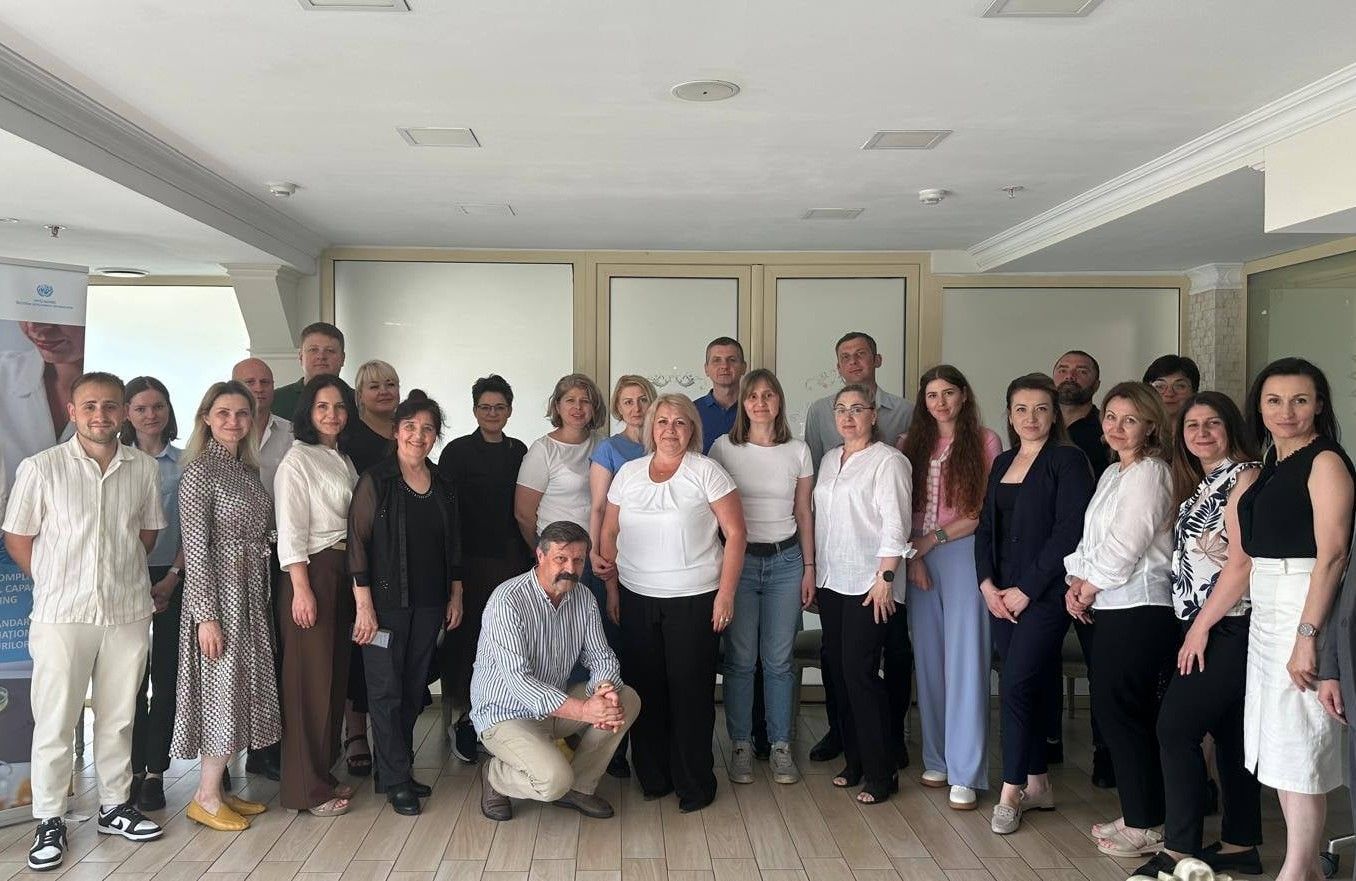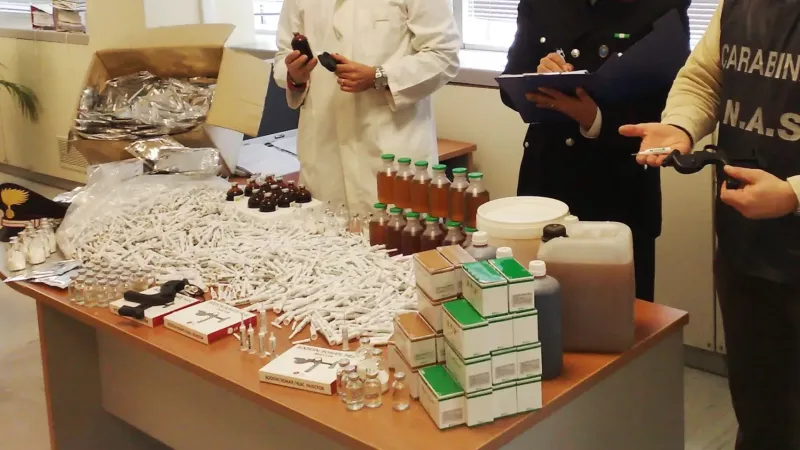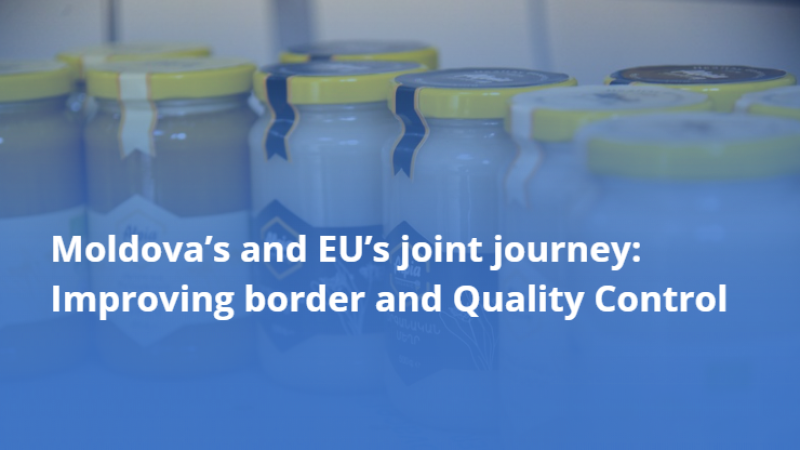
Kick-off for a New Training Program for Moldovan Companies on European Quality Standards
The United Nations Industrial Development Organization (UNIDO) today launched the first training module aimed at small and medium-sized enterprises (SMEs), food business operators (FBOs), and farmers in the Republic of Moldova. This initiative is part of a capacity building and implementation program on European quality standards in the agri-food sector, founded by the European Union.
The first module, entitled “Implementation of the HACCP System” (Hazard Analysis and Critical Control Points), was met with increased interest from participants, bringing together 45 specialists from 35 local companies. These included producers and processors of meat, dairy, eggs, fish, as well as businesses involved in plant-based and bakery food products.
“We are pleased to see a genuine commitment from Moldovan companies regarding the application of European standards. The HACCP system is a key tool for food safety and a significant step toward export readiness. It is encouraging to work with professionals who already demonstrate responsibility and professionalism in ensuring product quality and consumer health,” said Vlad Gheorghiță, UNIDO expert.
The HACCP system is a preventive method used to identify and control hazards that can affect food safety, from raw materials to the final product. Its implementation helps companies prevent contamination, reduce the risks of product recalls, and avoid financial losses.
In accordance with European Union requirements, the HACCP system is mandatory for all food companies seeking access to the single European market. The UNIDO program thus supports those aiming to align their internal practices with international standards in a sustainable and efficient manner.
By the end of 2025, program participants will benefit from seven training modules, individualized coaching sessions, and consultancy provided by both local and international experts. These efforts are designed to support the improvement of production processes, quality control, food safety, and business planning.
The target audience of the program includes companies operating in the agri-food sector, particularly those interested in increasing their compliance with EU standards for both animal- and plant-based products. The goal is to provide these entities with a solid foundation to strengthen their position on the local market and to successfully access international markets, with respect for consumer health, animal welfare, and environmental protection.








